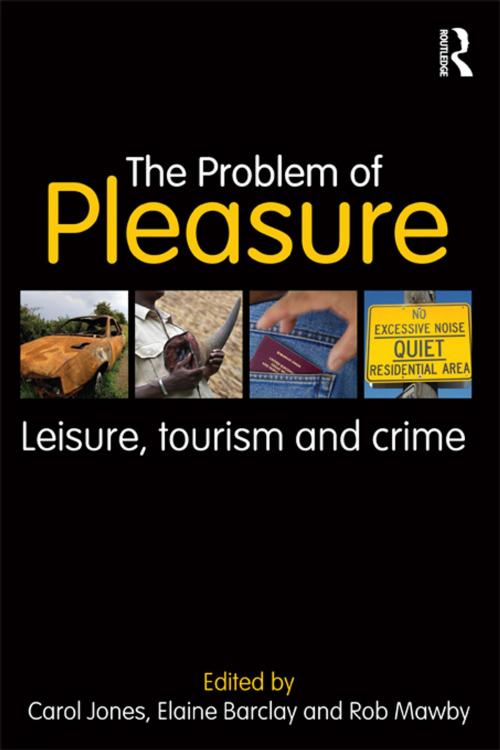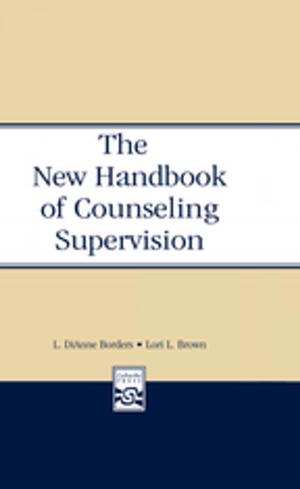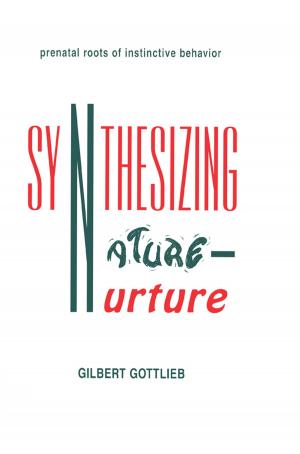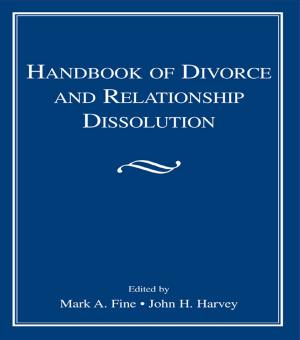The Problem of Pleasure
Leisure, Tourism and Crime
Nonfiction, Social & Cultural Studies, Social Science, Crimes & Criminals, Criminology| Author: | ISBN: | 9781136598692 | |
| Publisher: | Taylor and Francis | Publication: | March 1, 2013 |
| Imprint: | Routledge | Language: | English |
| Author: | |
| ISBN: | 9781136598692 |
| Publisher: | Taylor and Francis |
| Publication: | March 1, 2013 |
| Imprint: | Routledge |
| Language: | English |
The tourism and leisure industries are big business. Opportunities for leisure and tourism have escalated as disposable income, technology, travel and education have become increasingly available in recent times. However, this trend has been juxtaposed with an increase in crime, particularly since the early the 1950s. Acquisitive crimes have been facilitated with the development of more portable and valuable commodities; some activities, such as drink driving and disorder, have now been socially defined as crimes and are more readily identified through new technology such as the increasing use of CCTV.
The Problem of Pleasure covers them all. The purpose of this book is to inform and enlighten a range of readers, whose interests may be academic or commercial on possible crime events and modus operandi of criminals. The book has a global perspective, bringing together leading academics from the UK, the US, South Africa, Australia and New Zealand who examine several aspects of leisure that are vulnerable to crime, from illegal hunting to street racing, as well as the impact of crime upon tourists and the tourism industry.
This book will be a key text for students of tourism and leisure as well as criminology and sociology; people working in the tourism and recreation industry; policy makers and the police.
The tourism and leisure industries are big business. Opportunities for leisure and tourism have escalated as disposable income, technology, travel and education have become increasingly available in recent times. However, this trend has been juxtaposed with an increase in crime, particularly since the early the 1950s. Acquisitive crimes have been facilitated with the development of more portable and valuable commodities; some activities, such as drink driving and disorder, have now been socially defined as crimes and are more readily identified through new technology such as the increasing use of CCTV.
The Problem of Pleasure covers them all. The purpose of this book is to inform and enlighten a range of readers, whose interests may be academic or commercial on possible crime events and modus operandi of criminals. The book has a global perspective, bringing together leading academics from the UK, the US, South Africa, Australia and New Zealand who examine several aspects of leisure that are vulnerable to crime, from illegal hunting to street racing, as well as the impact of crime upon tourists and the tourism industry.
This book will be a key text for students of tourism and leisure as well as criminology and sociology; people working in the tourism and recreation industry; policy makers and the police.















